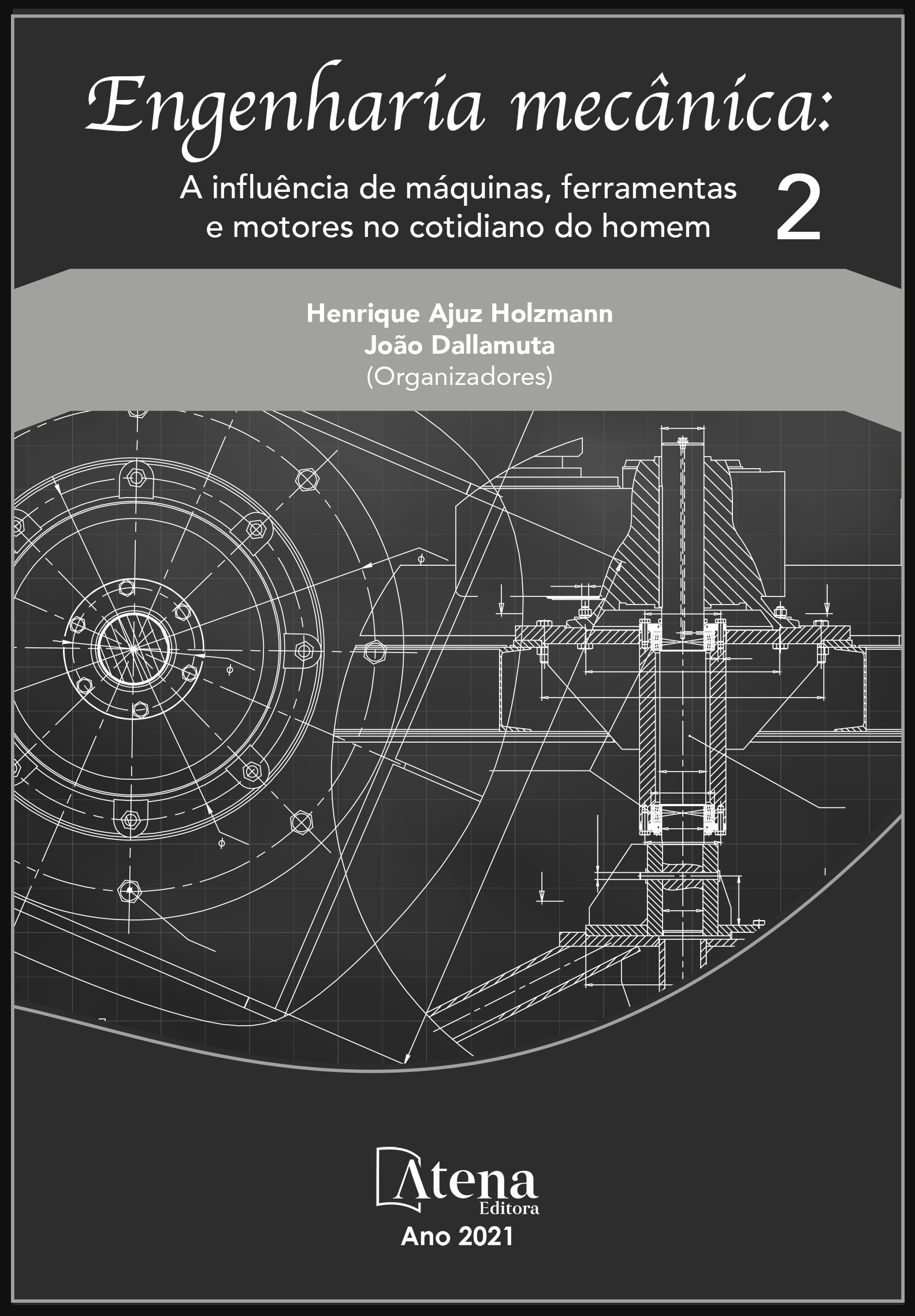
POTENCIAL ECONÔMICO E ENERGÉTICO DO APROVEITAMENTO DO CALOR REJEITADO POR CONDICIONADORES DE AR
Pesquisas apontam um crescimento exponencial da demanda de energia per capita, no decorrer da história. Mediante este cenário, cresce a necessidade por estudos que tenham por objetivo otimizar a utilização da energia pela sociedade, possuindo impactos econômicos e socioambientais positivos. O presente trabalho, utilizou dados oficiais atualizados, para realizar um estudo do potencial aproveitamento energético do calor dissipado por condicionadores de ar, objetivando assim um ganho econômico pautado no desenvolvimento sustentável. Parâmetros como carga térmica, eficiência energética, trabalho e calor rejeitado foram utilizados, bem como detalhamento de tarifas envolvidas no custo de energia atualmente. O estudo arbitrou percentuais de aproveitamento, como 25, 50, 75 e 100% da energia dissipada e concluiu que existe um real potencial de aproveitamento da energia. Ressalta-se ainda que a quantidade de calor liberada pelo ar condicionado está mais associada a carga térmica do ambiente refrigerado do que eficiência do mesmo. Assim, mesmo que sejam desenvolvidos aparelhos mais eficientes não seria expressiva a redução da quantidade de calor rejeitada, visto a maior parte provem da energia que é retirada do ambiente refrigerado.
POTENCIAL ECONÔMICO E ENERGÉTICO DO APROVEITAMENTO DO CALOR REJEITADO POR CONDICIONADORES DE AR
-
DOI: 10.22533/at.ed.17321180613
-
Palavras-chave: AR CONDICIONADO, EFICIÊNCIA ENERGÉTICA, ENERGIA, SUSTENTABILIDADE.
-
Keywords: AIR CONDITIONING, ENERGY EFFICIENCY, ENERGY, SUSTAINABILITY.
-
Abstract:
Research shows an exponential growth in the demand for energy per capita, throughout history. Against this backdrop, there is a growing need for studies that aim to optimize the use of energy by society, with positive economic and socio-environmental impacts. The present work used updated official data to conduct a study of the potential energy use of the heat dissipated by air conditioners, thus aiming at an economic gain based on sustainable development. Parameters such as thermal load, energy efficiency, work and rejected heat were used, as well as details of tariffs involved in the cost of energy today. The study arbitrated utilization percentages, such as 25, 50, 75 and 100% of the energy dissipated and concluded that there is a real potential for using the energy. It should also be noted that the amount of heat released by the air conditioner is more associated with the thermal load of the refrigerated environment than its efficiency. Thus, even if more efficient devices are developed, the reduction in the amount of heat rejected would not be significant, since most of it comes from the energy that is removed from the refrigerated environment.
-
Número de páginas: 11
- José Alexandre Tostes Linhares Júnior
- Felipe Perissé Duarte Lopes
- Carlos Maurício Fontes Vieira
- Afonso Rangel Garcez de Azevedo
- David Coverdale Rangel Velasco


